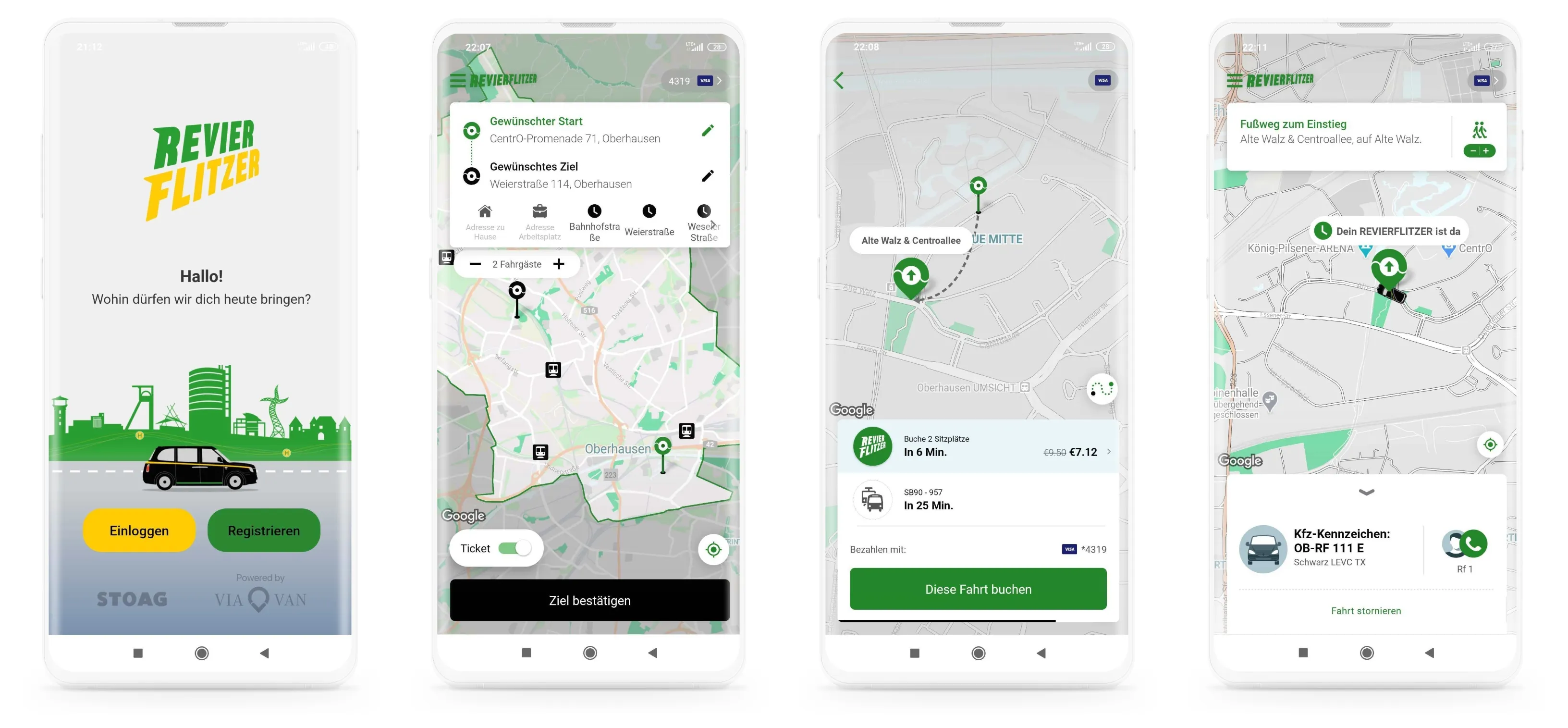Cellcontrol, a specialist in technology to stop distracted driving, is actively addressing the growing domestic and international demand for reliable distracted driving technology by pursuing and receiving regulatory approval to market its solution in Europe and other geographies. After extended testing by independent organizations, Cellcontrol received the Vehicle Certification Agency (VCA) E11 Certification last week. This VCA certification is required for EU market participation and validates that Cellco
May 17, 2012
Read time: 2 mins
RSS2292 Cellcontrol, a specialist in technology to stop distracted driving, is actively addressing the growing domestic and international demand for reliable distracted driving technology by pursuing and receiving regulatory approval to market its solution in Europe and other geographies. After extended testing by independent organizations, Cellcontrol received the Vehicle Certification Agency (VCA) E11 Certification last week. This VCA certification is required for EU market participation and validates that Cellcontrol is interoperable with multiple vehicle systems that are used throughout the European continent. VCA E11 Certification insures that Cellcontrol does not interfere with other vehicle electronics and is immune to external interference.
“VCA certification is important, but it is only one component of Cellcontrol’s commitment to meet international demand for our patent-pending solution and become the global automotive standard for distracted driving technology. The Cellcontrol Protection Halo application is compatible now with the most number of global operating systems including Android, Blackberry, BREW, Windows and particularly Symbian, which is the market leading phone platform in the EU,” said Chuck Cox, CEO of Cellcontrol.
Additionally, Cellcontrol has confirmed separate international distribution agreements with5588 Chameleon Group (UK) and 5587 JCA Fleet Services (Australia). The Chameleon Group is a UK-based European network of automotive equipment suppliers and outfitters while JCA Fleet Services delivers driver safety, mobile and vehicle technology to clients throughout Australia, Africa, the Middle East and South East Asia.
“VCA certification is important, but it is only one component of Cellcontrol’s commitment to meet international demand for our patent-pending solution and become the global automotive standard for distracted driving technology. The Cellcontrol Protection Halo application is compatible now with the most number of global operating systems including Android, Blackberry, BREW, Windows and particularly Symbian, which is the market leading phone platform in the EU,” said Chuck Cox, CEO of Cellcontrol.
Additionally, Cellcontrol has confirmed separate international distribution agreements with









